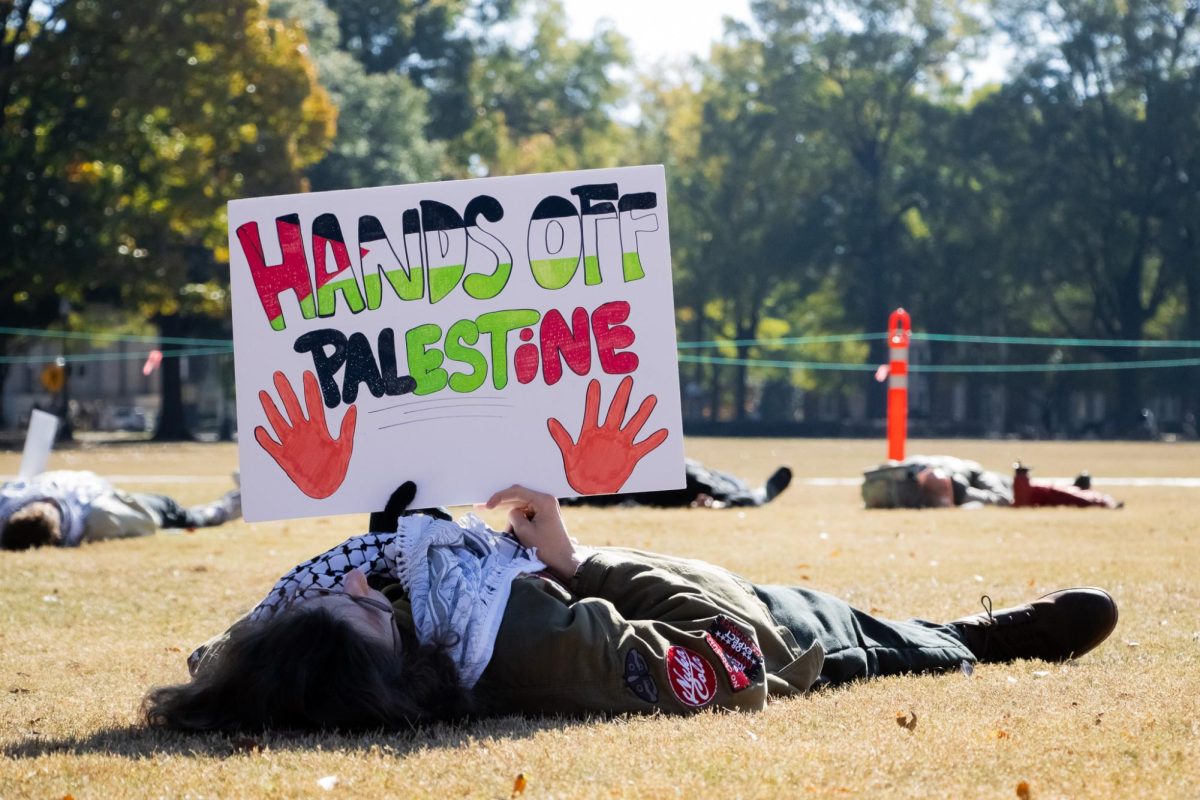By Elisabeth Garcia
Contributing Writer
Last Wednesday marked the end of a challenging campaign and the start of a new reputation for the Beta chapter of Kappa Sigma, a fraternity on campus.
In September 2010, the fraternity lost its charter due to Code of Conduct violations. However, in December, the board allowed the fraternity to stay on campus as a colony – but not without exception.
Austin Gaddis, president of Kappa Sigma, said the fraternity faced a list of tasks to complete if it wanted to regain its charter.
“Instead of looking at our situation in a negative, daunting light, we chose to see the silver lining and use this colonization process as a way to reestablish the Beta chapter as a prominent and innovative branch of our national fraternity,” he said.
Gaddis said the brothers put all their effort into restoring their chapter over the months that followed.
“Among other accomplishments this semester, we have ensured all members are involved on campus and registered to vote, attained the All-Men’s Average GPA, [and] completed at least 25 community service hours per man,” Gaddis said.
The dedication and sacrifice paid off, he said. After unanimous approval by the national board of Kappa Sigma, the chapter regained its charter and resumed full operations on April 20, 2011.
“The University is pleased that Kappa Sigma will be re-chartered on campus,” said Gentry McCreary, director of greek affairs. “The Beta chapter has a proud history at Alabama, and they have taken positive steps to ensure their continued success.”
Gaddis said this has been a trying year for everyone in the fraternity.
“I am confident that with the great group of men in our chapter, along with the support of the UA administration and our dedicated alumni, we will be better than ever,” he said.
The fraternity is already taking great strides towards this goal with the institution of a new mentoring program.
Thomas Davis, alumnus advisor for the Beta chapter, said the program pairs undergraduate members with successful Kappa Sigma alumni from the same hometown or intended career.
Among other program expectations, Davis said fraternity leaders suggest the student and his mentor communicate at least once a month throughout the undergraduate term, allowing the student strong support as he reaches for his goals.
Gaddis expressed high expectations for the program as it pilots its first year.
“It is our hope that through this program, members will be challenged by their mentors to succeed during their college years and beyond by becoming involved, taking on leadership roles, [and] making good grades,” he said.
The idea for the program arose after the Beta chapter recognized a need for greater alumni involvement within the chapter, Gaddis said.
Leaders in the fraternity said that they wanted the program to benefit not only graduates, but also the students who continue at the University; they saw the mentorship as the perfect way to do so.








